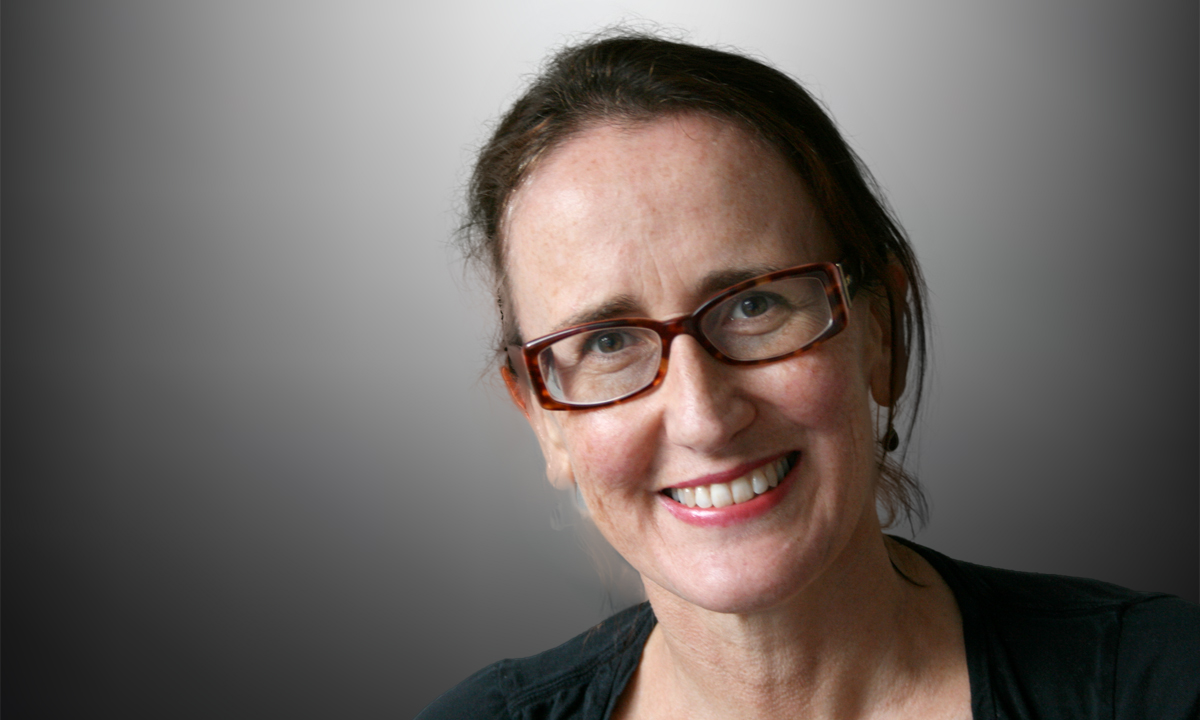DECLARATIONS on feel-good issues that everybody can agree on are often referred to as “motherhood statements”, based on an assumption that anything to do with mothers and babies will make us all feel warm and fuzzy.
You might have expected the resolution on breastfeeding that went to the United Nations World Health Assembly earlier this year to be the ultimate motherhood statement, both literally and metaphorically.
After all, who doesn’t think breastfeeding is a good thing?
Health officials from around the world were stunned when the US delegation apparently tried to water down the resolution, according to a report in the New York Times last week.
American officials first tried to remove parts of the document that called on governments to “protect, promote and support” breastfeeding and restrict promotion of commercial infant foods such as formula.
“When that failed, they turned to threats,” the newspaper said in its account of the diplomatic shenanigans, alleging Ecuador was threatened with trade sanctions if it introduced the resolution as planned.
Ultimately, the US effort was largely unsuccessful: after a number of apparently intimidated smaller countries declined to put the resolution forward, Russia rose to the challenge and the resolution was passed substantially unchanged.
For the record, the US State Department has denied pressure was applied to Ecuador, and President Trump on Twitter described the Times story as “Fake News”.
The US Department of Health and Human Services, America’s lead agency in the negotiations, told NPR that the issue with the resolution was not about support for breastfeeding but that “the United States was fighting to protect women’s abilities to make the best choices for the nutrition of their babies”.
“Many people are not able to breastfeed for a variety of reasons,” the department’s spokesperson said. “These women should not be stigmatised; they should be equally supported with information and access to alternatives for the health of themselves and their babies.”
Of course, women should not be stigmatised if they cannot, or choose not to, breastfeed their babies. In fact, in 2017, I wrote about the harm that can be caused by shaming women for the choice to use formula.
But respecting women’s choices is not the same as actively promoting formula use, especially when that promotion is targeted at women who may not be able to afford the product or may not have access to reliable clean water to use in preparing it.
The infant formula industry is dominated by a handful of European and North American companies, with annual sales estimated to be worth US$70 billion. Global sales are expected to rise by 4% in 2018, according to the Times, with the bulk of the growth coming from low income countries.
A 2016 Lancet study estimated that universal breastfeeding could save 823 000 infant lives around the world each year.
Universal breastfeeding is of course never going to happen and, given that, it’s also true that formula will sometimes save lives. Overall, though, preventing the formula manufacturers from spruiking their wares in resource-poor countries would undoubtedly improve infant health, if only because it would reduce risk of infectious disease via unclean water.
A Guardian/Save the Children Fund investigation earlier this year found that companies were continuing to aggressively promote formula to women in low income countries in defiance of international agreements.
This is hardly a new issue. A global boycott of Nestle was launched in 1977 over allegations of unscrupulous marketing of formula by the Swiss giant.
A number of companies were accused at that time of promoting formula as the healthy, modern choice designed to promote babies’ health and intelligence. Some dressed their sales reps in nurse-style uniforms to give added weight to the message.
It’s not surprising that the companies might oppose restrictions that make it harder for them to sell their products, but it’s disappointing to see a major world government supporting their efforts.
It’s tempting to blame it all on Donald Trump, and many outraged people last week did. After all, nobody could accuse the US President of being a champion of women’s rights, and it certainly seems plausible that he might be repulsed by women using their breasts for the purpose of, well, feeding babies. His former wife, Ivana Trump, described breastfeeding in her memoir as “totally unsexy”.
But – and I never thought I’d say this – maybe we’re being unfair to the man.
The US was caving to the demands of the formula industry long before Trump’s political ambitions came to the fore.
Back in 1981, the UN World Health Organization adopted a non-binding code to restrict promotion of infant formula, with member nations voting 118 to 1 in favour.
The lone no vote came from, you guessed it, the United States.
Jane McCredie is a Sydney-based health and science writer and editor.
The statements or opinions expressed in this article reflect the views of the authors and do not represent the official policy of the AMA, the MJA or MJA InSight unless that is so stated.
To find a doctor, or a job, to use GP Desktop and Doctors Health, book and track your CPD, and buy textbooks and guidelines, visit doctorportal.

 more_vert
more_vert
Great article as always Jane. It is very disappointing to see the ongoing influence of industry (pharmaceuticals and others) on health guidelines and research. We need to continue to shine a light on it!